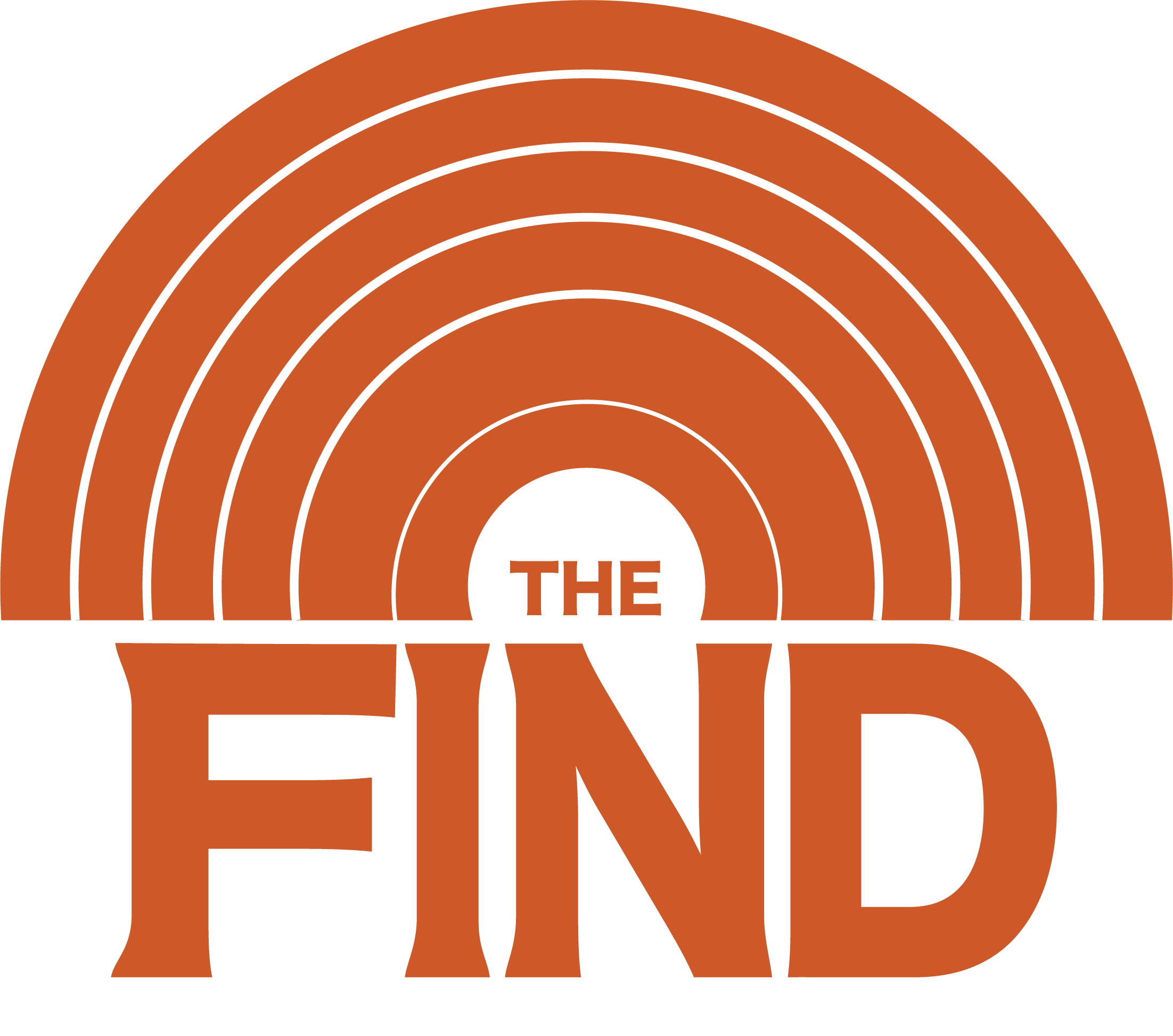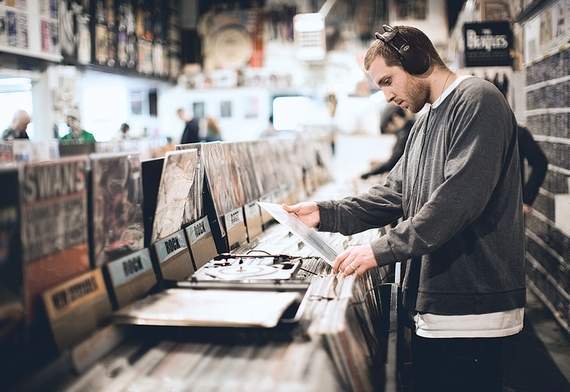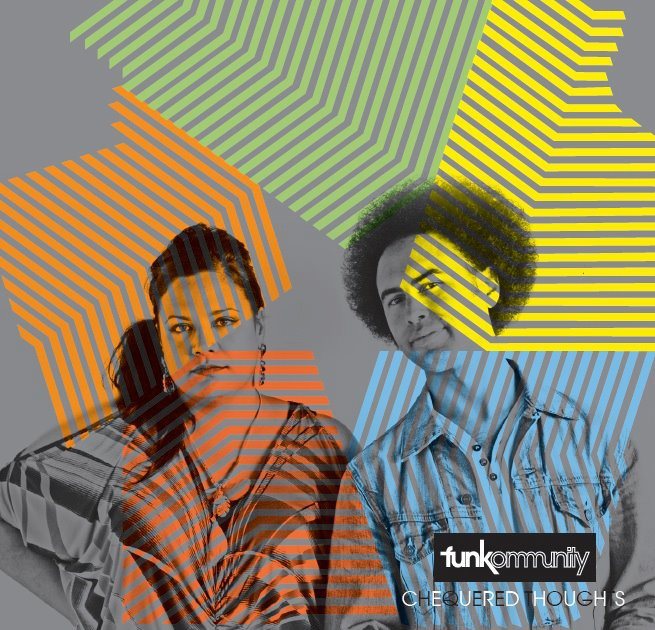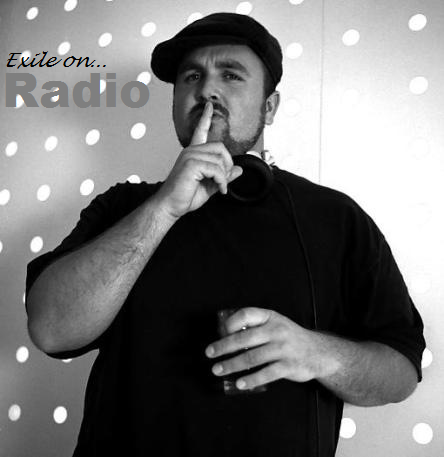Interview: Terilekst (The Limelight #6)
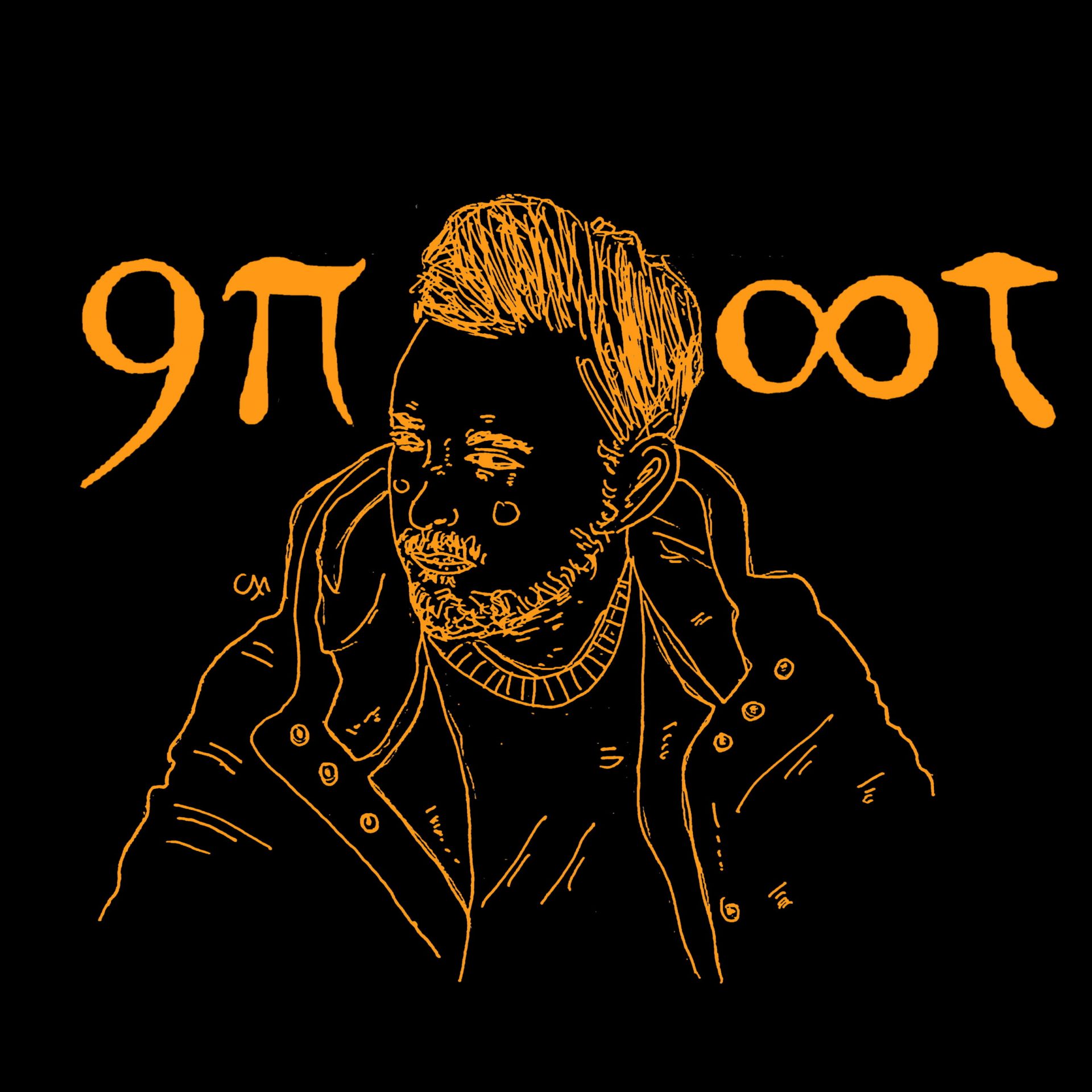
The Limelight is an ongoing collaboration with illustrator MC Blue Matter. Sparked by a mutual love for beats, the series intends to shine a light on the people behind the productions.
Dutch producer Terilekst has been delving deep into the lowlands since the late 90s. Digging and sampling mostly Dutch records, the beatsmith tied together the boom’s and the bap’s for Dutch emcees such as Jiggy Djé, Extince, and Spacekees; with at times grabbing the mic himself as well.
Terilekst’s newest instrumental album groot (‘big’) is a homage to the sound of the late 60s and early 70s, and more specifically: to the music of ‘Dutch troubadour’ and renowned singer Boudewijn de Groot, by way of sampling his music. Which led to a record of sixteen heavy beats—and eventually to this quarantined Skype interview to explore Terilekst’s productions and the psychedelic hints on the album.
(Interview: Danny Veekens | Illustrations: MC Blue Matter)
Did you come up with an LP on Boudewijn de Groot from a producer’s perspective, based on the rich sampling potential? Or are you simply a huge fan of his work?
It’s not that I’m a super big fan of his music like I am of, say, Pink Floyd or Michael Jackson, to name a few random examples. It was more of a nostalgic value: my mom used to play his music on the guitar when I was 5 to 10 years old. She played music like Bob Dylan, The Beatles—and then Boudewijn de Groot’s “Verdronken Vlinder” and “Testament” as the only Dutch songs, ever! So I do love a lot of his songs. While digging I discovered more beautiful songs he made.
So why fully focus on his music for a full-length album? As you also mention other artists as nostalgic memories.
I guess that’s the urge of wanting to do your own thing; to be original. For me, that was using Dutch samples. I’ve always sampled a lot of Dutch records. European records, too, but mostly Dutch ones. That always felt kinda like “my thing,” rather than going for any soul or funk sample. That was already done. And done better by my idols in hip-hop! I wanted to add something to hip-hop and beatmaking. It’s like macrobiotics: the Japanese philosophy to only consume what’s locally and organically available. I found out about that twenty years after I started making beats. But macrobiotics fit my own take on sampling.
Plus aside from that, it’s also nostalgia because I vividly remember the period when I started sampling, around 1994 or 1995. In the early days, I sampled “Meester Prikkebeen” by Boudewijn de Groot. That eventually became “Stil Door De Nacht” on the current album. Back then, that’s already when I realized the loop worked on a hip-hop tip. That B-boy essence. In a way, the album groot boasts a 90s sound, but I also tried to make it sound like now.
Funny that you mention ‘sound.’ I saw a response to the album on Twitter, of someone who mentioned Bert Paige, the arranger behind Boudewijn de Groot. Who he considered being ‘Spectorian’ with his own Wall of Sound. To which extent did the sound behind his music influence your own way of producing and mixing?
His productions do kind of sound like The Beatles, to name one example. In its own way, Boudewijn’s work is kind of “sampled” from The Beatles. Also, that makes me think of using the Mellotron, a precursor of samplers from the early 60s. I also kinda used that device for the album, by the way. Just not the $8000 version, but the $28 version—an iPad app… Out of love to bring that old stuff back, like an echo. I realized there’s a reason why I love that: everything is intertwined with each other and transforms. The back cover of the record also says “Transformed by Terilekst,” rather than ‘produced by.’ So I guess that also explains why I love and collect Transformers [laughs]. Really, Transformers is another obsession of mine. Here, look at this [turns around his laptop for another camera angle], that’s a Rupert Neve-designed UR-RT2. Partly bought that because it says Transformer on the front panel…
Anyway, that everything transforms and is connected, is what I’ve always read in esoteric books but something I’ve experienced myself from the use of psychoactive substances since 2012. I find that fascinating. That everything may be ‘an endless happening till infinity. Being conscious…’ I see music as one big fractal, and my beats are just a tiny part of that. Just like Boudewijn de Groot’s music is connected to the work of The Beatles, and so on. That makes my music connected to it as well, eventually echoing to something else or someone else. Whether that’s big or small, it’s one and the same.
But it’s not only the adding of a certain type of instrument like a Mellotron, Hammond, et cetera. It’s also the way of playing and mixing them in the landscape of the composition. I can talk about all the effects I’ve used to try to reflect other states of consciousness within the music. But, in the end, it’s really a feeling I can’t explain.

Makes sense now, that you mention psychedelics. Part of the artwork for groot also shows trippy shrooms. So there’s more to it than a clear nod to Boudewijn’s musical experiments in the free-spirited culture of the 60s. Is that epiphany you mentioned also translated to your beats for this record? Can you give an example?
I’ve included vocal samples on the record from some obscure record from Belgium about the Mayans. The record came with Maya photo slides! I bought the record once at Demonfuzz Records in Rotterdam, but I can’t find anything about it online.
I was listening to that Maya record and heard things you could interpret that it’s about music. Or about the psychedelic realms, you know. Like ‘very detailed geometric patterns.’ Something which indeed kind of relates to the work of Boudewijn de Groot as well. So I used that, for example, in the opening track, “Sluit Je Ogen.” During that process, it made me wonder about what would happen if I expanded to samples outside of his music, to further develop the beats. That’s also what I told him when I presented the beats to him when he asked about horns or strings he didn’t recognize… So during my listening session with him, he soon started to realize it wasn’t just a bunch of random beats and samples.
How did he respond to that? I mean, through sampling you kinda put him in the studio with completely different musicians… How was it for him to hear his music in a different context?
Exactly! He was really listening, really paying attention to what was going on. Sometimes asking me about it and a couple of times he said “ah, that’s beautiful,” at the end of a song. About the extra samples used, I got “whatever works” vibes from him. He was like: if it makes it better, go for it.
Sounds like the open mind he seems to be…
Well, during the listening session, I actually realized he maybe wasn’t that open-minded guy I thought he was, judging off his music. It wasn’t necessarily a fun session. He actually was a bit surly. After all, he didn’t write all those free-spirited lyrics over the years; that was his collaborator Lennaert Nijgh. Boudewijn seems to be more introverted. Which I can relate to. I think I’m an introvert myself as well.
In which way?
Hmm… I don’t know. I once did a Myers-Briggs test, and that was the result. Introvert/Extravert, Intuition, Feeling, Perception, or abbreviated INFP/ENFP. I’m a bit more introverted than extraverted. I love to connect with people but I like spending time by myself as well. So I can hyperfocus on creating, transforming.
Arguably all beatmakers are introverts…
Guess so. Maybe creative people in general are mostly introverts. I can’t tell.

Did Boudewijn understand sampling? Did he consider it to be an art form? As that’s not always the case with artists from that era…
I wonder… But when he heard “Stil Door De Nacht,” he said that the beat was too similar to the original. “It already has that beat,” he said. He asked me to revise that track. At the end, he gave his blessing by saying: “I’m curious about the end result of the whole thing, but there’s work needed on the overall mix.” I didn’t know to which extent he knew what hip-hop and sampling entail. So I tried to explain how sometimes we cut up pieces from records to reconstruct it into something new. But that sometimes music is already a genius piece of work, which makes it good enough to simply blend and to add a drum break. But when you listen closely to “Stil Door De Nacht,” you also hear a bass solo, a Hammond organ, an orchestral addition…
That was funny – I started explaining like, “back, in the beginning, you had a DJ in New York called Kool Herc, who had two copies of the same records, and he…”—and Boudewijn was like, “yeah, yeah, I don’t need the oral history of hip-hop.” [laughs] Well, okay…
[Laughs] As in an impatient way, or that he knew all about hip-hop already?
I guess both. Because 30 minutes later he also all of a sudden said he had to leave soon. So yeah, it wasn’t necessarily an inspired session. It was a bit awkward, not only because I was a bit starstruck. Maybe I’m exactly the same dude when I’m 73 years old and some dude shows up on my doorstep to present his own project [laughs]. But the fact that I was there, together with him, in his house listening to the album—I think that’s very, very special.
So it was hard to connect with him? Even on a music-level?
There were a few moments that made it more personal and ‘human.’ During a conversation, all of a sudden his iPhone’s Siri said: “The body in the garden still hasn’t been found.” Crickets. Nobody laughed, but in hindsight, I should’ve said something to break the ice. But instead, the situation got even more awkward. Hehe.
How did you respond to his feedback on the mix of the album?
If the mixes would’ve been done by great mixing engineers, I know the result could’ve been even better or more professional. But then again, what does ‘better’ mean in the first place…? I tried cleaning up the tracks with plugins and equalizers, but that drenched the soul out of it. The feeling I was doing that based on his feedback, felt against my work as a beatmaker. It just didn’t feel right. So that was an epiphany: ‘better’ is how I want to make it. Not what’s ‘better’ to his ears.
In the final stage, I suddenly received a forwarded email from him via his label. He had heard the final mixes and gave new feedback. That’s also when my little ol’ ego popped up and when I decided to take off “A Tribute to Boudewijn de Groot” from the front cover. No more “A Tribute to Boudewijn de Groot.” And I got my own name from the front cover as well. Just the symbols spelling ‘groot.’ I was in the shower when all of a sudden I saw the right design for groot on the cover. The nine and the pi and the infinity sign…
Is that your own design, by the way? As you’re also a designer, right?
Yes. But then again, what does “your own” mean if all of a sudden it’s presented in your head, out of nowhere? [laughs] And during one psychedelic trip I saw a super bright purple as a color I wanted to use for the cover. But my girlfriend—who is a stylist herself—thought that the bright purple shade was way too “toyish” together with the yellow. She recommended an aubergine-like shade, aesthetically pleasing. I tried to fight that idea, but it turned out she was right: the first shades indeed looked too toyish in this reality [laughs]. So I have to credit her as well for the cover design.
Sounds like micro-dosing and psychedelics are a recurring element. Were your parents open-minded on that front as well, while growing up?
Not at all! My dad is the most down-to-earth, sober guy ever. And my mom always was afraid for me to become addicted to something; ‘One thing leads to another..’ All drugs are bad. They now know that sugar, caffeine’, and alcohol are drugs, too. They’re also more open-minded now because I’ve told them about my experiences and they know it’s not addictive. I’m doin’ fine.
“My dad’s record player felt like this sacred, magical object I wasn’t allowed to touch. I’m sure that also impacted me. How precious it is to play music, but also how precious it is to hold it as a physical format.”
So it was mostly the music coming from them?
My mother played the guitar. Plus she’s half-Moluccan. Her part of the family always used to sing and dance at birthdays. So music was always there. My father didn’t play any instrument, but he played a lot of vinyl records at home. That’s another thing: he had an expensive Dual record player at home, and always used to talk about the diamond needle. Not that big of a deal, but as a kid, it’s like “whoa…. a diamond needle!!” So his record player felt like this sacred, magical object I wasn’t allowed to touch. I’m sure that also impacted me. How precious it is to play music, but also how precious it is to hold it as a physical format.
Oh, and I had an uncle who played the electric guitar. He was the “cool guy” of the family who smoked weed and such… Big deal for the rest of my family, of course. “Never use that stuff, Dennis, it’s bad!”, my mom used to say.[laughs] At a later age, I guess that stigma indirectly opened my interest in the world of psychedelics.
The instrumental music on your last two albums, Turquoise and groot, sounds like a huge departure from your past “beats for rappers.” Maybe even matured. Does it feel to you that way?
I used to have a big love for making beats for emcees, but I have to admit it kinda faded away. Most rappers rap about a lot of stuff I’m not resonating with (anymore). So I do notice there’s quite a big gap between me and most of the rap music these days. But it’s okay. I’m still noddin’ my head to dope flows and I’m still amazed by people like Black Thought, Eminem, Kendrick, Logic… I think I’ve grown a lot spiritually in the sense of, “we are not human beings having a spiritual experience, we are a spiritual being having a human experience.” There’s a different energy. I’m trying to translate that into my music. I’m also spending a lot of time with the fam and my two sons, instead of with rappers. It’s great.
